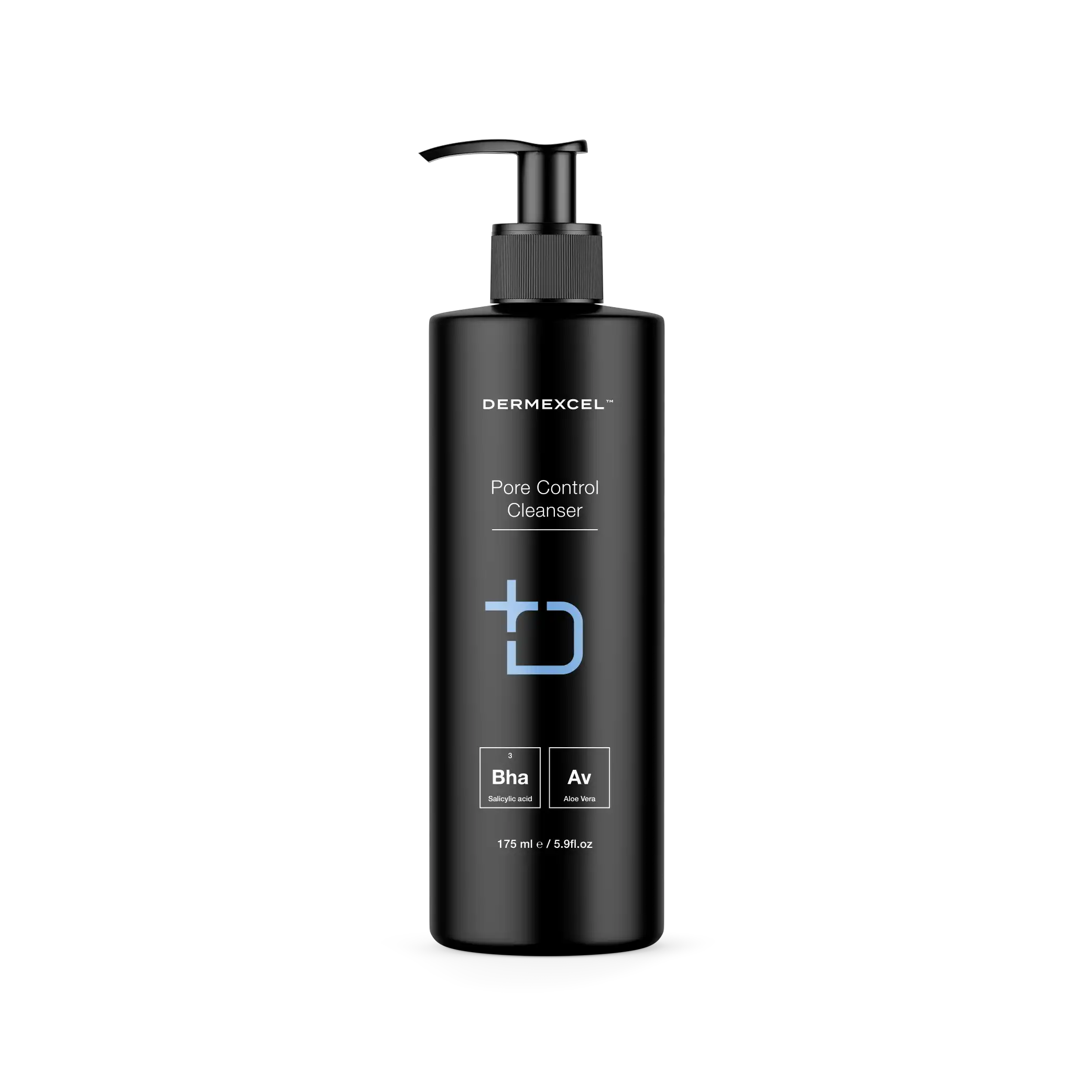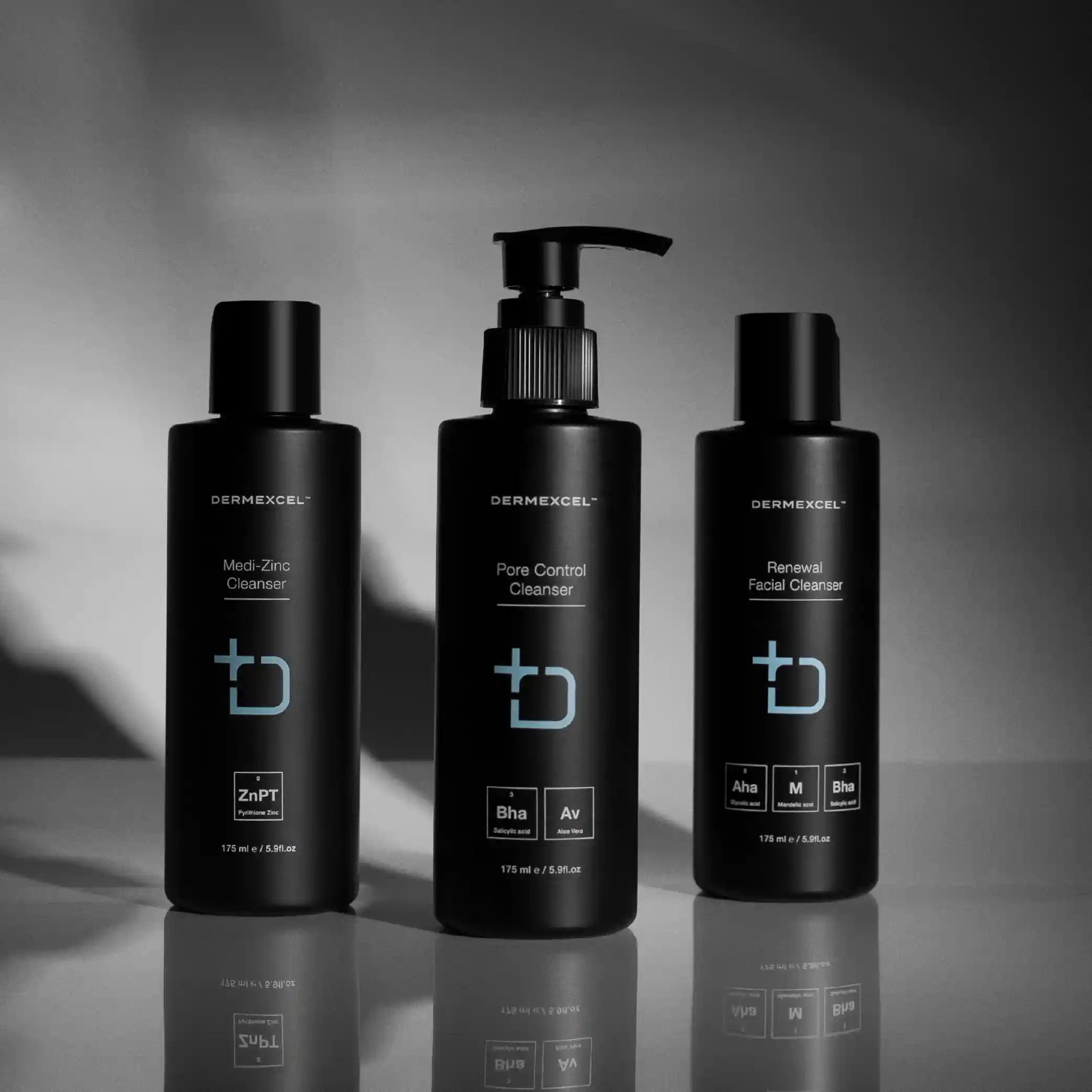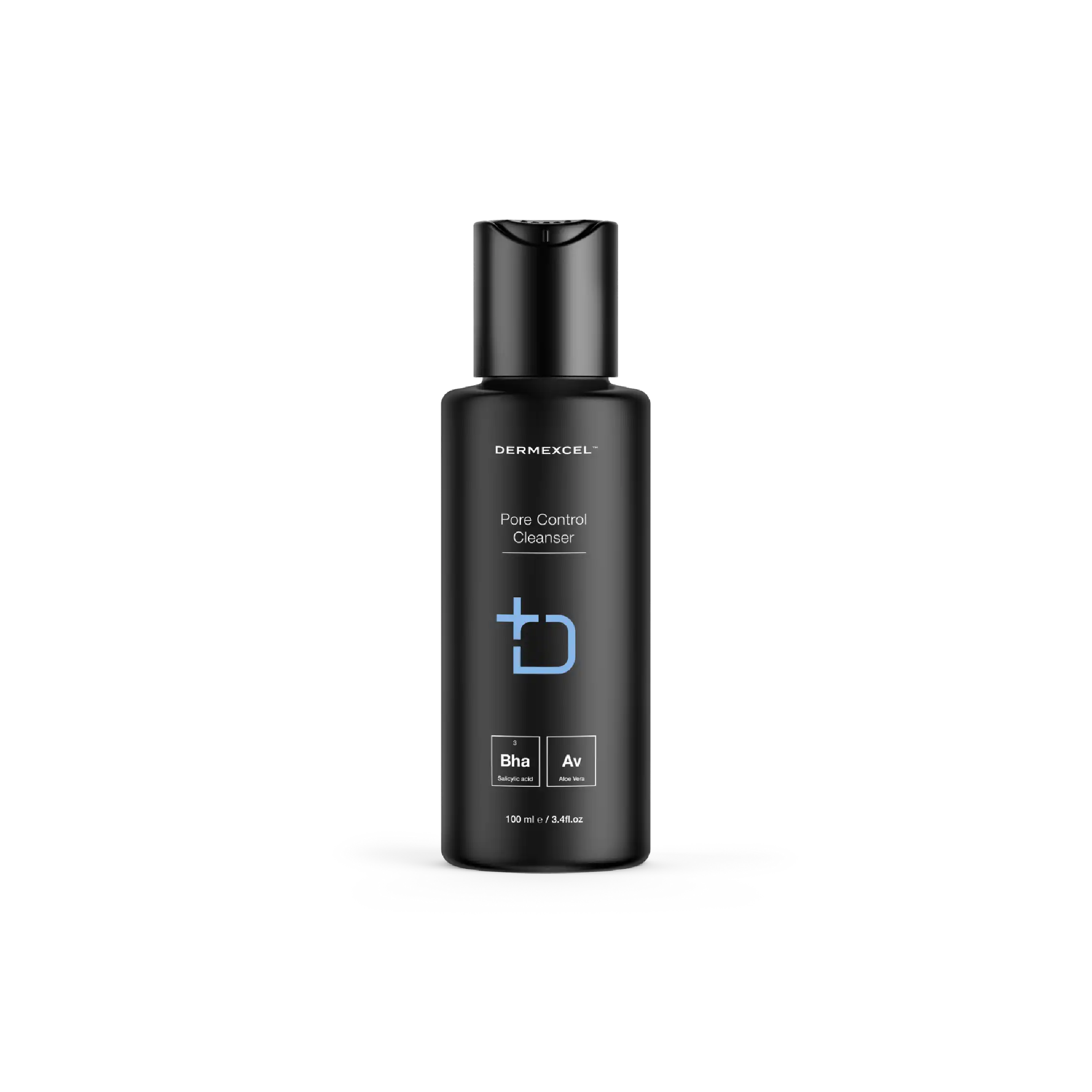






Pore Control Cleanser

Unclog Pores

Minimize Pores

Anti-Acne

anti-redness

↓ inflammation




Pore Control Cleanser is safe to use during pregnancy.
Choose options



Pore Control Cleanser
Sale priceP367.00
Aqua, Methylpropanediol, Cocoamidopropyl betaine, Glycol monostearate, Glycerin, Sodium Lauroyl Sarcosinate, Salicylic acid, d-Panthenol, Azelamidopropyl dimethyl amine, Butylene glycol, Polyacrylate Crosspolymer-6, Phenoxyethanol, Ethylhexylglycerin, Aloe barbadensis, Hydroxyethylcellulose, Disodium EDTA, Hamamelia Virginiana
Pore Control Cleanser
product benefits
Remove blackheads
Targeted Acne Treatment
Exfoliating
Anti-inflammatory
Sebum Regulation
Anti-Microbial
pore control cleanser
mode of action
Cleansers
testimonials


Not sure which products you need?
Find your regimen










